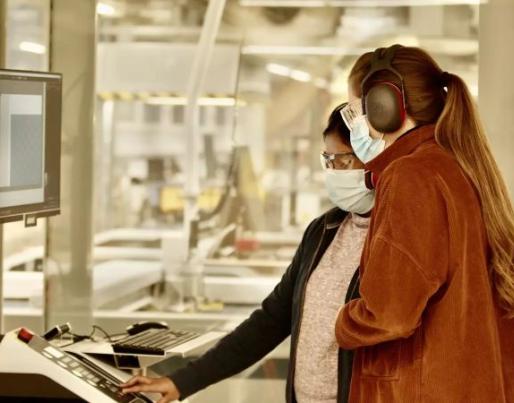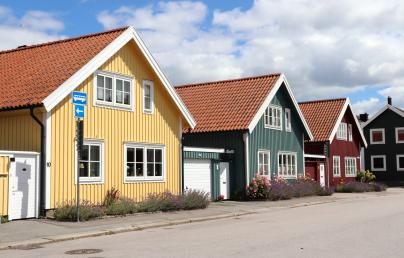
4 digital technologies to advance in the circular construction

4 digital technologies to advance in the circular construction
How can we foster the circularity of construction materials to make them profitable for the complexity of today´s industry? How can we improve processes which are so fragmented? The article suggests four digital technologies which can enhance circularity and processes.
To ensure there will be enough housing available for a growing population by 2060, recent studies suggest that we need to construct the equivalent of the building space of New York City every month for the next 40 years. Not only is the size of this project a tremendous challenge, but so is the ecological footprint of the building sector. Currently, it accounts for about 40% of global greenhouse gas emissions.
Linear economy principles, for one, generate huge amounts of waste all along the life cycle of building materials. We extract resources from the earth, produce construction materials, apply them in building projects, and dispose of them at the end of their useful life. However, this has not always been the case. Up until a hundred years ago, the reuse of building materials was standard practice. For example, when a major earthquake struck Rome’s Colosseum in 1348, the rubble was reused to build palaces, churches and hospitals.
Recently, I was confronted with the question: “How can we foster circular construction and make it profitable in the complex world of today?” The engineering office, Elioth, set the bar when they gave disused bent glass from the former façade of the Centre Pompidou in Paris a second life. While the glass was still in good condition, it had to be replaced due to new standards and security guidelines. I found an opportunity for the team to deliver the glass panels to Maximum Architecture. The architectural firm used the Pompidou glass to construct stunning, organically shaped office partitioning walls.
Unfortunately, since the construction sector operates in such a fragmented way, such upcycle processes are anything but smooth. I had to ask myself: “How could we make this process easier? How could we utilize digital technologies to connect people with reusable building materials with those who have upcoming projects? A kind of Tinder for building components, perhaps?”
Digital technologies for enabling circular constructions
In search of a new technology to automate the reuse, I reached out to Nancy Bocken and Sultan Çetin, two other experts in digitalization for circularity. Together, we honed in on four of the most promising digital innovations that could help the building sector transition to a circular economy.
Read the full article here.

